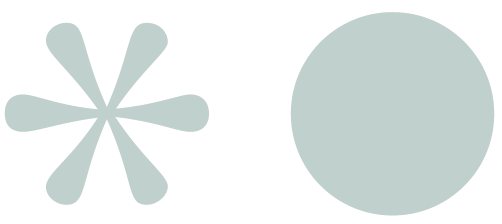Plagues in History and in Literature
It’s Sunday March 29, 2020.
As most people see it, we are about to enter week three of this our COVID spring. I read another article today on the history of plagues in England. Here it is. The article points out that quarantine was invented during the bubonic plague of the 14th Century. We may have progressed a great deal in a great many ways, but right now our chief weapon against this pandemic, against this current plague, is a weapon from the 1300’s. We do kid ourselves, how advanced we are, how secure we are, how free we are.
You may remember the existential author Albert Camus. Perhaps you had to read one of his books in high school. His most successful book, thought not one assigned in Canadian English Class was a book called, “The Plague”. It was written in 1947 and was a fictional account of a French town in Algeria hit by a plague.
I just read the book. It’s certainly makes you feel as if someone knew before what we are going through right now.
Here are some quotes from the book, see how contemporary you find them to be;
Then, as a colleague told me: “It’s impossible, everyone knows the plague has vanished from the West.” Yes, everyone knew that, except the dead.
Pestilence is in fact very common, but we find it hard to believe in a pestilence when it descends upon us.
There have been as many plagues in the world as there have been wars, yet plagues and wars always find people equally unprepared.
Why should they have thought about the plague, which negates the future, negates journeys and debate? They considered themselves free and no one will ever be free as long as there is plague, pestilence and famine.
From that point on, it could be said that the plague became the affair of us all.
Thus, the first thing that the plague brought to our fellow-citizens was exile.
Then we knew that our separation was going to last, and that we ought to try to come to terms with time.
But, though this was exile, in most cases it was exile at home. So in a sense the public had no point of comparison. It was only in the longer term, by noting the increase in the death rate, that people became aware of the truth. The fifth week produced 321 deaths and the sixth 345. These increases, at least, were convincing – but not enough for the towns-people, for all their anxiety, to abandon entirely the impression that it was merely an incident, annoying of course, but none the less temporary.
‘Ah! If only it had been an earthquake! A good shake and that’s it … One counts the dead, one counts the living and the whole thing’s over and done with. But this rotten bastard of a disease! Even those who don’t have it, carry it in their hearts.’
So, week in, week out, the prisoners of the plague struggled along as best they could. Inside the town someone had the idea of quarantining certain districts which had been especially hard hit and only allowing people whose services were indispensable to leave them.
‘There’s always someone more captive than I am,’ was the statement that summed up the only possible hope at that time.
Those who had jobs did them at the pace of the plague, meticulously and prosaically.
The truth must be told: the plague had taken away from all of them the power of love or even of friendship, for love demands some future, and for us there was only the here and now.
Everyone agreed that the amenities of former times would not be restored overnight and that it was easier to destroy than to rebuild.
There is a great deal in the book. It is novel, but it is also a work of philosophy. One of the central concerns in the book is the consideration of a preacher in the town who has religious sounding explanations for what has happened. They are eloquent, but unsatisfactory in the end.
The main character is a doctor who dutifully goes about his business of caring for the sick. This doctor has no apparent religious faith, but he demonstrates what it is that will help get people through the time of the plague. “Decency”, according to the doctor is what is owed at a time such as this.
For me, in my faith, I see in the book a couple of notes at least that speak to the time we are experiencing. Firstly, what does it mean to be free? We delude ourselves into thinking that we are immune from sudden loss or tragedy or from a sudden and total alteration of that which we take for granted.
In Christian faith, freedom has always to do with Christ. “If the Son has set us free then we are free indeed.” Freedom is not necessarily to do what we want. Freedom is not about our comfort or our health or wealth.
Freedom, in Christian faith properly understood, is the freedom to love.
Perhaps, when things around us seem so much more insecure, we can aim to discover the gift of this freedom.
Bless you today, tonight and this week. May God be with you and with those you love. May God be with all of those who are suffering and unsure.
Dear God;
Open my eyes to see that my freedom is in you. Allow me to see that Jesus was the most free because he was (and is) love in its absolute. I want things to change. I would like things to get back to normal. But the freedom that I had in you when things were normal I still have now. Open my eyes to your gift of love.
In Jesus’ name.
Amen

